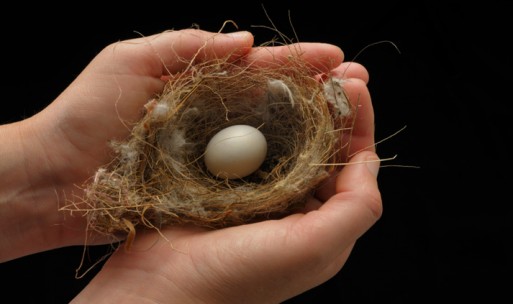Our Tip of the Week: Estate planning can be a difficult undertaking, as it involves a lot of deep work to think about what happens when you are no longer there to take care of your loved ones. There are many resources to help people through the legal and financial part of the process, and one prominent estate lawyer has taken on the task of exploring some of the more human aspects of estate planning, including how to pass down a sense of values when you are no longer physically present to do so.
Even the best made plans can drift into a grey, emotional territory for surviving family members, and estate planners have anecdotes about seeing the best and the worst of people in times of intense grief and upheaval.
As we saw with Robin Williams’ estate, while the larger items of his estate seemed to have been equally split between his widow and his children, it was the smaller, emotion-laced items that became the most controversial, since their sentimental value is impossible to weigh.
While the small items in the Williams’ estate — like the oft-mentioned suspenders from “Mork & Mindy” — likely also have real-world value, small, personal effects tend to be the items that harbor the intensity of memories and emotions. A watch is no longer a watch — it is “My Father’s Watch”.
Of course, once we cross that threshold, what happens after we are gone is out of our hands. So how can you make sure that your wishes are most likely to be seen through?
How-to Suggestion: Though it seems simple, the best advice is to make your wishes as clear and detailed as possible, and be honest with yourself about the potentially challenging interpersonal dynamics that exist in your family.
For personal effects, consider how you want them to be divided, or determine who gets to be the final authority. As a recent article in the New York Times offered, draft a letter that details the personal items and give it to the executor. It should be separate from the estate plan, so it can’t be audited by the IRS, and if you give items away you can update the letter as you go.
Though the process may involve lawyers, it is still deeply personal, so remember to keep the personal aspect inherent to it. You don’t have to sweat the small stuff, but you should consider it.

 Our Weekly Tip: The Devil is in the Details
Our Weekly Tip: The Devil is in the Details




 Passing of Beloved Comedian Births a New Comedy Festival
Passing of Beloved Comedian Births a New Comedy Festival















